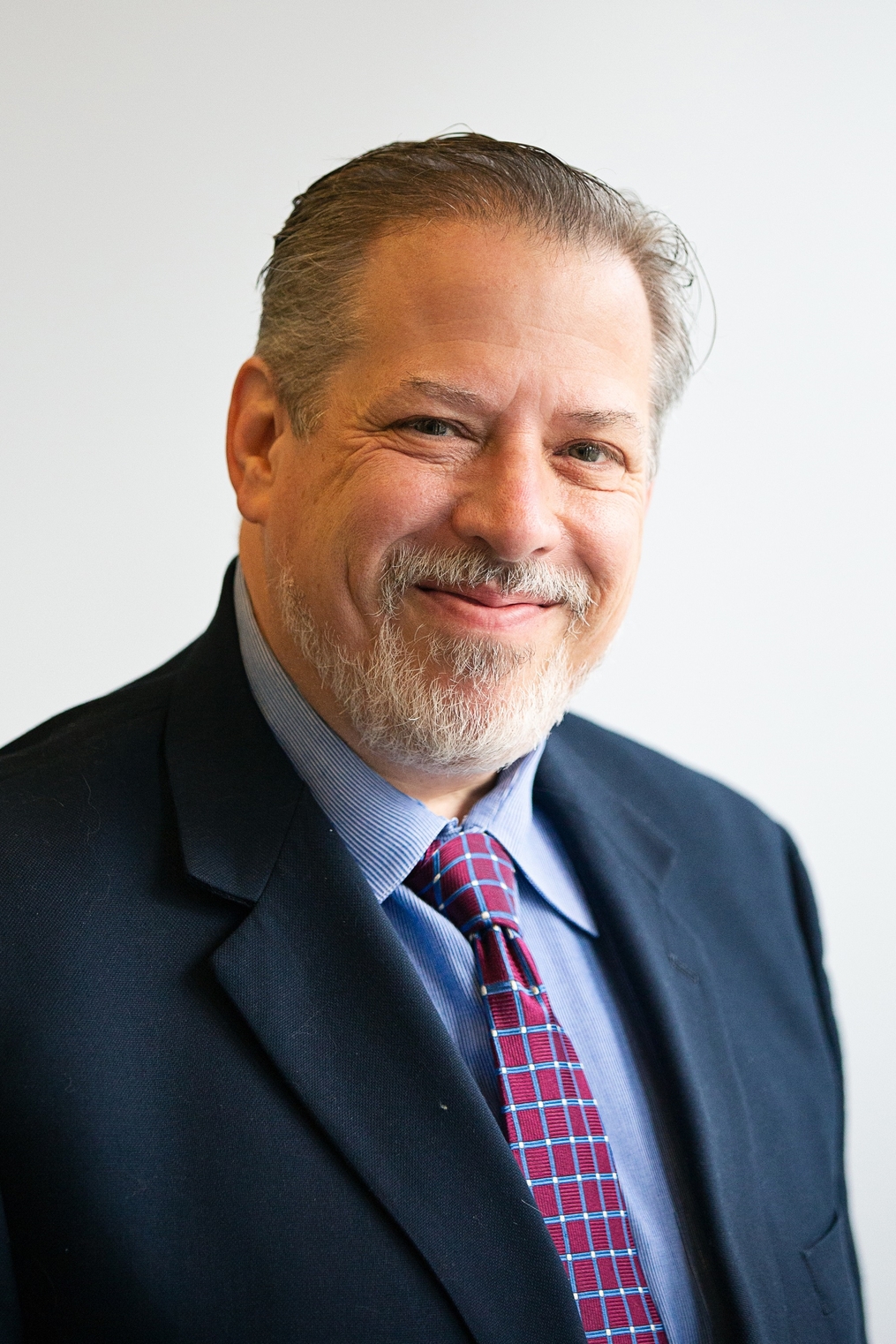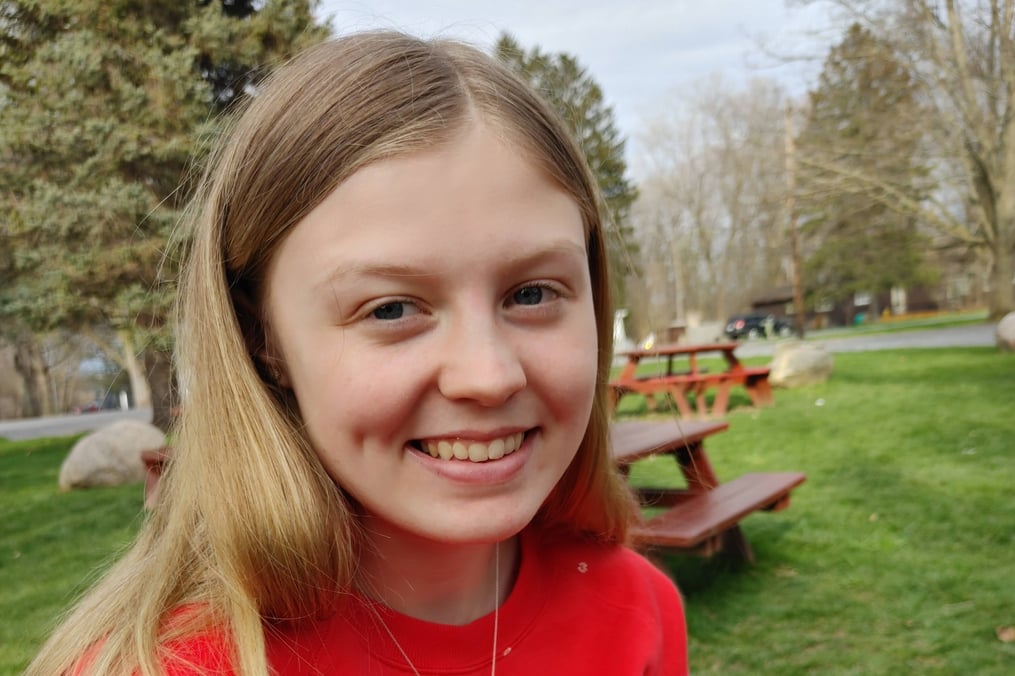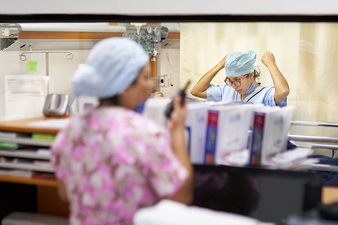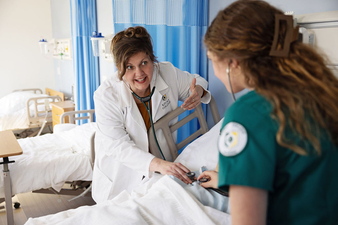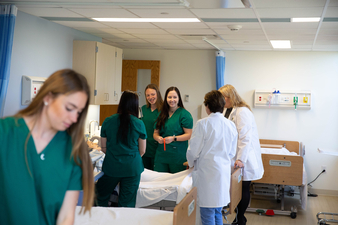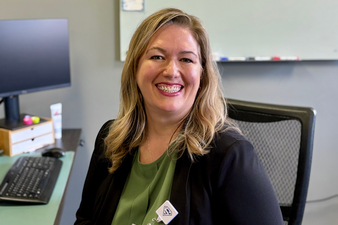The Founding Dean of the College’s new School of Health and Human Services discusses the School’s origins and goals.
With mental and physical health needs spiking as the nation continues to grapple with the effects of the ongoing coronavirus pandemic, Keuka College this fall launched an ambitious initiative designed to educate students in fields that serve those pressing public health areas.
The new School of Health and Human Services at Keuka College has brought together academic programs focused on mental and physical health, social justice, and public safety.
Overseeing this new venture is Dr. Chris Alterio, who was named founding dean of the school. A longtime professor of Occupational Therapy at the College, Dr. Alterio is uniquely qualified. His academic, civic, and public-health experience is vast; he oversees the College’s Health and Counseling Services center; and he was tapped by President Amy Storey in April 2020 to chair the College’s Reopening Task Force, which was vital in recommending COVID-19 protocols and practices as College leaders navigated their pandemic response.
Dr. Alterio discusses the School of Health and Human Services, his responsibilities as dean, and the new school’s structure and goals.
Question: What was your reaction to being named founding Dean of Keuka College’s School of Health and Human Services?
Answer: More than anything, I felt both honored and humbled. I appreciate the faith that the Keuka College community has placed in me over the last year. With the leadership and support of President Storey, her administrative team, and the Board of Trustees, having the opportunity to help the College through the COVID-19 pandemic was a challenge that demanded the very best response from so many different individuals and groups across campus. It has been a privilege to contribute to that effort. It has provided an opportunity to serve and to practice the mission and values of the College. This new opportunity with the School of Health and Human Services feels like an extension of that same experience. President Storey and the Board of Trustees identified a mission-aligned program organization that includes the creation of the school, and I deeply appreciate the opportunity to help promote this initiative.
Question: What are your chief responsibilities in overseeing the School?
Answer: Primarily, my role is to work with Provost Dr. Brad Fuster and the academic Chairs to help bring increased value to the Keuka College students who are enrolled in the Divisions of Applied Health and Wellness, Nursing, and Social Work. Additionally, important related student-service functions including the Health and Counseling Center and Disability Services are woven into my areas of responsibility. The College is already well underway to being recognized as a regional center of excellence with its respective health and human services programs. The faculty are excellent, and these academic divisions have a history of graduating students who go out and make a real impact in their communities. Coordinating the efforts of these divisions and services will allow us to improve our interdisciplinary collaboration, provide new opportunities for student training and for improving service functions on campus, and will help to transform our outcomes to be even more relevant and meaningful as students graduate and go on to serve their communities.
Question: This sounds like a unique or, at least, unusual model. Can you speak to that? What were some of the driving factors to the School’s creation?
Answer: Knowledge creation demands specialization, and specialization leads to the creation of single-purpose functions that serve goals – but it doesn’t necessarily promote knowledge sharing. Specialization is a great way to create more knowledge, to a point, but then you find limits because you can’t just create knowledge in a silo. Eventually, we find that to take that knowledge to the next level you need to collaborate with others. You need to understand what others are doing, to understand what special skills and knowledge they bring to a problem, and then design ways to collaborate – which creates a new kind of knowledge.
That is what is primarily reflected in the Keuka College tagline – Believe in What We Can Do Together. It is not enough for health care professionals, administrators, human service workers, or any others to function independently. Needs are best met when people work together. That is what the School of Health and Human Services will embody.
Question: What are the goals of the School in terms of education, student outcomes, and benefits to the greater community?
Answer: During this semester, we have been working to establish specific goals for our newly created School. Our Keuka College community is contributing to that effort, and our outcomes will reflect President Storey’s goals and priorities. As we progress, students will see that we are looking at increasing opportunities for collaborative education between students in different majors. That will mean that we will try to achieve efficiencies and benefits of having students in common courses when it is appropriate. Students will also see increased collaboration and support for developing Living and Learning Communities so that they can experience enriched opportunities to practice wellness and healthy living on campus. We will also be involving students more directly in practice opportunities right on campus – and, in particular, looking for ways to promote the mental health and wellness of our community. We will integrate these efforts with the ongoing programming of the Health and Counseling Center, and we will also integrate these efforts so that all members of our campus community are able to express and contribute their talents. Finally, we will have increased effort with broader community outreach so that we can extend our impact to our local and regional communities.
Question: Regarding the Criminal Justice program, President Storey noted, “the opportunity to better integrate mental health and social justice practices into the criminal justice system so that it better meets the needs of the communities it serves.” How will the School go about that?
Answer: My personal understanding of social justice is grounded in my own faith tradition. I hold core values about the life and dignity of individuals, the value of community, the intersection of rights and responsibilities, a model of service-oriented thinking, the celebration and promotion of human dignity, the importance of human solidarity, and demonstrating concern and care for all people and things. This model can be directly applied to many points of contact where people are helping other people, whether that is in social work, or law enforcement, or nursing and occupational therapy.
I believe that students are in the best position to apply this kind of thinking when they ground their professional studies in the liberal arts and sciences. Students must study ethics, history, and philosophy. They must have a command of literature, appreciate the arts, develop curiosity in sciences, and understand cultures and communities. I believe that our public morality springs from a liberal education. With this base, our students go on to learn the specifics of a discipline and can truly hope to positively impact the people they are called to serve. With the strong base of a liberal education, those core social justice values can be practiced and realized.
Keuka College has an excellent General Education curriculum, and I will work to promote the intentional integration of that material into every health and human services program. Along with Field Period® and increased opportunities for service-learning, a strong foundation in liberal arts and sciences makes Keuka College students different from graduates from other schools. I plan to promote these values throughout our new School and through all its outcomes. When we are more fluent in a common language that serves these core values, we will be in a better position to address the very complicated social problems that exist in the world.
Bonus Question: What are you most excited about regarding the School?
Answer: Above all, I am excited about the opportunity to organize, develop, and promote our programs in new and creative ways – and to serve our students and to watch them go on to make a difference in people’s lives. There is no greater outcome that any educator could possibly wish for, and it all just happens to align perfectly with the mission and vision of our wonderful College.
Want to Know More About Our Health and Human Services Programs?
Fill out our form to connect with us to find out!



